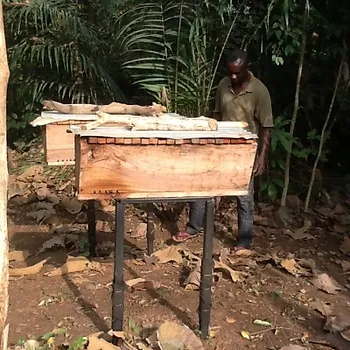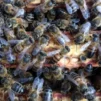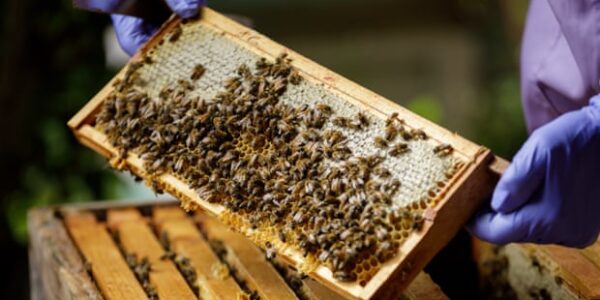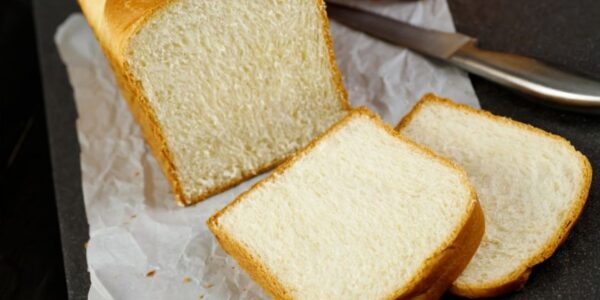
January! Not a lot happens in the apiary in January, a quick visit early on in the month to administer a varroa treatment, also a heft (lifting one side) of each hive to check they have plenty of stores and that’s it. However in other parts of the world the beekeeping season is in full swing!
Bees Abroad (beesabroad.org.uk) is a small charity seeking to reduce poverty in the developing world through beekeeping. Volunteers provide education and technical advice in beekeeping and business skills to enable local community groups to develop a viable project that will eventually become self-sustainable. The idea is not to give people hand outs but to hand them out skills enabling them to develop their beekeeping into a source of income. Two of Fleet Beekeeping Association Members are actively involved in a project in Ghana, having raised funds through the sale of their own honey and that donated by other Fleet members as well as selling wooden jewellery made by the women of Ghana, Dawn and Paul are currently in Ghana working on this project.
Staying in touch via email they are about to extract the first batch of honey from the hives of one of the first Ghana project students who started beekeeping in May 2014 and hoping for 70lb of the delicious golden stuff. They have also taken delivery of enough sawn timber for a further thirty top bar hives (pictured) which need to be built ready for the new students of 2015. Veils and bee suits are being hand made from local materials.

In the middle of last year Dawn and Paul came to me asking for advice on body balms and butters as they wondered if the women of Ghana would be able to make and sell these thereby utilising the beeswax collected from the hives. We sat down, discussed ingredients such as cocoa butter, mango butter and coconut oil which Dawn and Paul thought was in plentiful supply in Ghana. They also informed me that West African skin is very dry and that the people like to use natural products, both factors point to a very positive business idea which could bring in a very viable additional income.
So a few months later, on this recent trip Dawn and Paul have informed me that the first batch of Ghana hand balm has been made, unfortunately coconut oil was not available but soya bean oil has proved a worthy replacement until coconut oil can be sourced. I’m really chuffed that this has happened, privileged that Dawn and Paul came to me and happy that what started as me playing in my kitchen has not only turned into a business for me but has actually assisted a small community group on the other side of the world with building their own income.
It really is the little things that make a big difference isn’t it?!
Carly x





